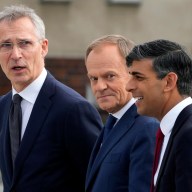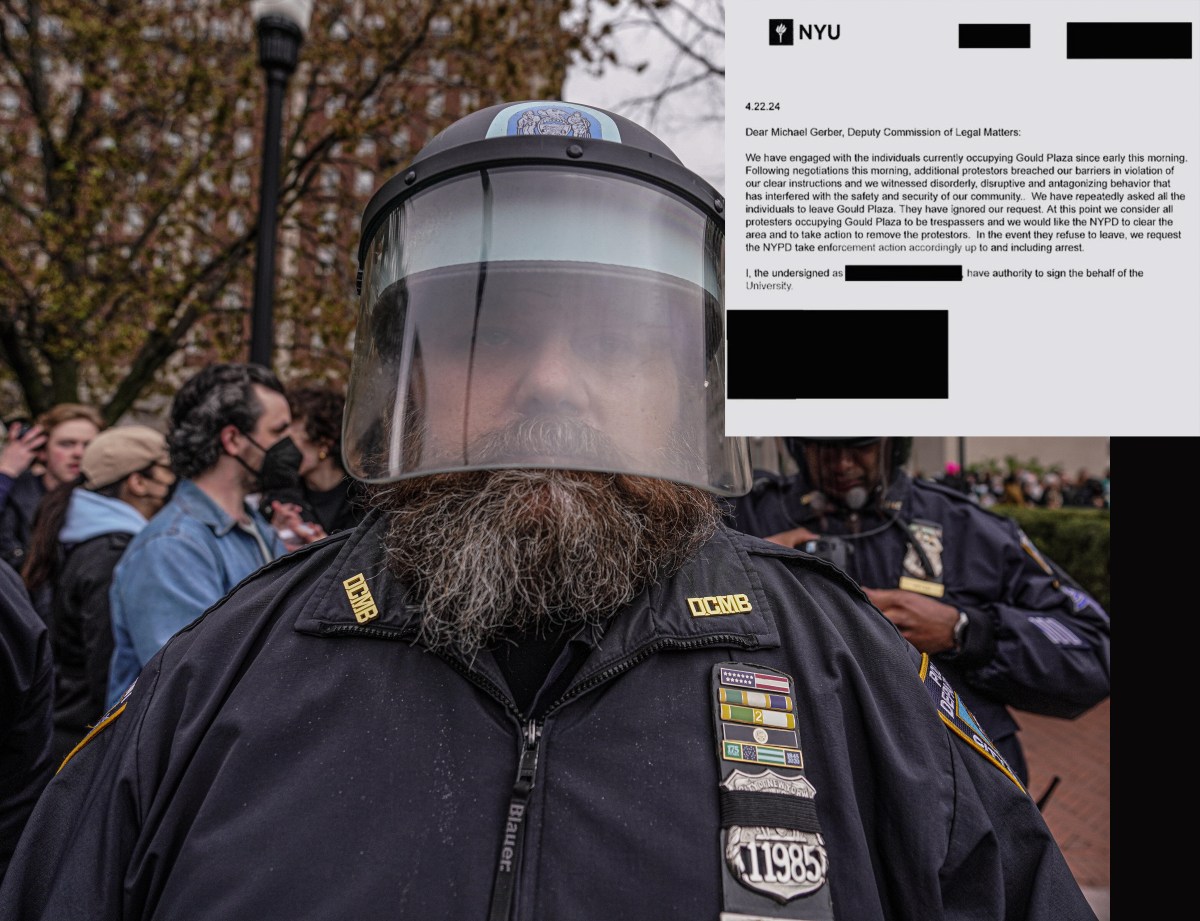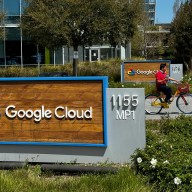 Morgan Spurlock is a documentarian, but how many people saw a One Direction movie coming?
Morgan Spurlock is a documentarian, but how many people saw a One Direction movie coming?
Documentary filmmaker Morgan Spurlock has taken on plenty of behemoths, from fast food to the hunt for Osama bin Laden to the pervasiveness of product placement. Now he turns his cameras on the reigning princes of pop music, One Direction. But with a band that was formed on reality TV, how much more is there to reveal?
How do you approach telling the origin story of one of the most well-documented groups in history?
The thing for me coming into it was to do it as quickly and as cohesively as possible. It’s a very quick part of the film. That whole story probably isn’t more than five to seven minutes of the actual movie. I just wanted to take you on the ride with this group so you can get a sense of coming into their lives, understand what it’s really like to be a part of One Direction.
As you show in the film, these guys really have trouble going anywhere.
The minute they walk out of their hotel, they get off a plane, there’s always people there waiting. They have been blown up through social media — I mean, the fans have really taken ownership of this band — to the point that every time they go anywhere it’s literally shared out and broadcast on Twitter. So it’s difficult for them to go anywhere now.
Speaking of Twitter, having pop idols isn’t necessarily new. But this meteoric rise you discuss in the film, it seems without Twitter it couldn’t have happened as fast.
I don’t think it would’ve happened as fast. I think Twitter played a huge part in exploding the band throughout the U.K. first, taking them to Europe. People all over the world heard about them and knew about them before they even had their first record out.
So this whole idea of sharing that information was incredible, and part of that is the reason that I think the fans are so dedicated to them and so passionate. It’s like having stock in a company. These people feel invested in this band. “We have put our faith and we’ve put our personal equity into this group, and we’re going to support it, we’re going to share it. We’re going to tell other people to invest in it.”
Do you envision the guys from the Backstreet Boys or New Kids on the Block shaking their fists and going, “If only!”
“Damn you, Twitter! How could you have come so late?” (laughs) Those guys didn’t seem like they were hurting too much. They should be much more upset about the way that their managers roped them into bad deals and massive ownership of the band, which didn’t really happen with [One Direction].
There’s been a lot of coverage of the guys’ tendency to rough-house and play grab-ass with each other, yet there’s none of that in the film.
You see them goofing around. In the end credits you see some of the wrestling, that’s happening, you see them messing around with each other. You do get a little bit of the goofing around, but it’s one of those things that doesn’t happen all the time. There’s nothing to the extent of what the media turns things out to be. People just think that they wake up and wrestle all day, and that just doesn’t happen. They’re backstage walking around shirtless every day, so that’s in there.
One surprising thing in the film is how distractingly attractive their backing band is.
Yeah, not only are they a good-looking band, but the back-up band is good-looking. That’s true. (laughs) They have four incredibly handsome backing musicians. There’s not an ugly guy on that stage. I think in the beginning there was a conversation about getting uglier musicians [to make the guys look better] and they were like, “No, no. We can’t do that.”
















